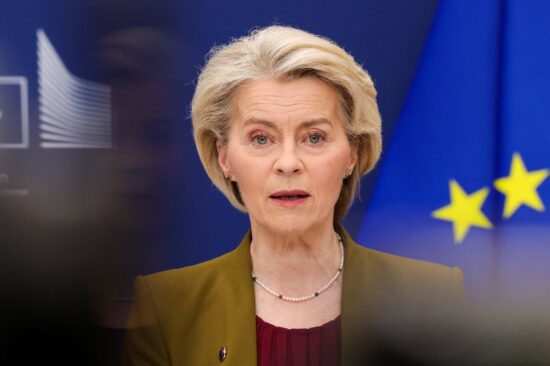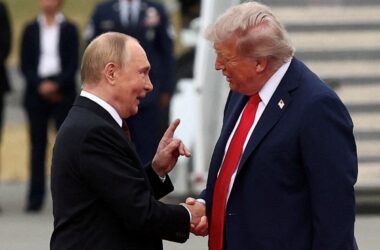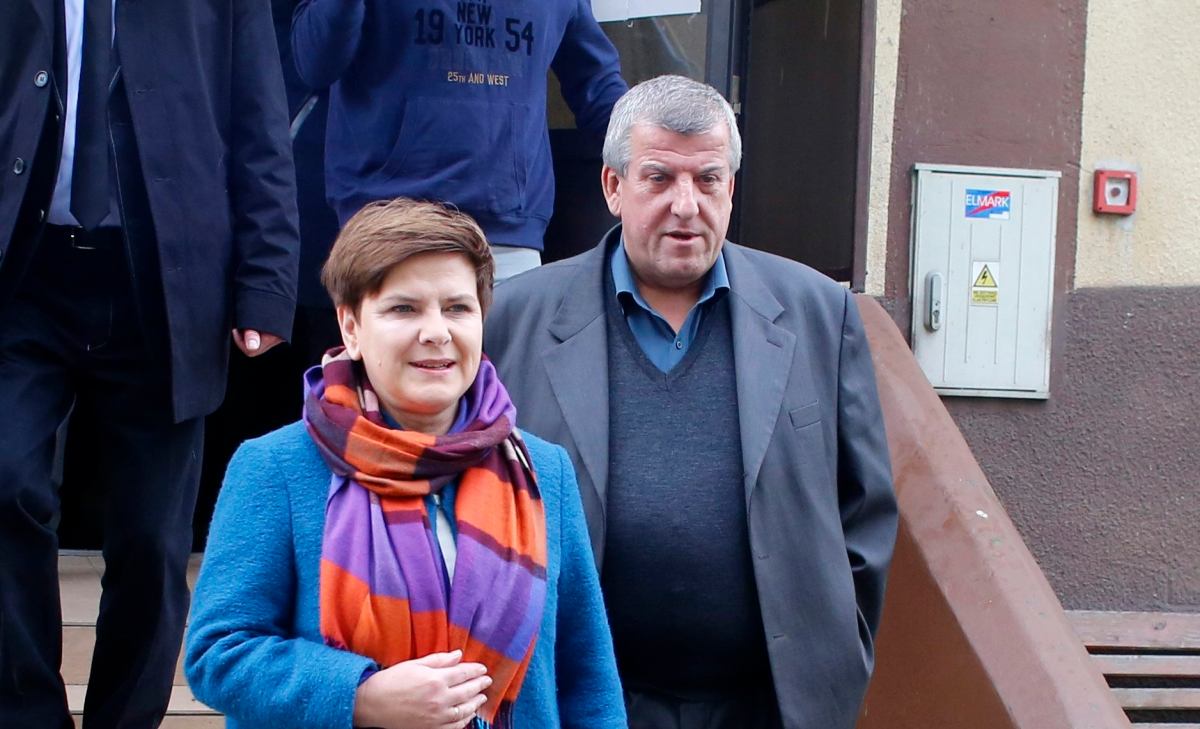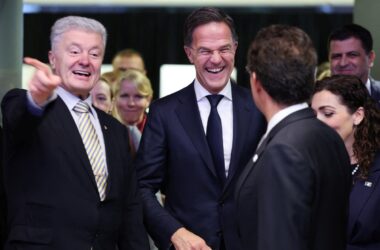On Thursday, 23 October at 8 a.m., the EU completed the written procedure to adopt a new sanctions package against Russia, ending the debate with all member states in agreement.
Final Sanctions Package Approved
The 19th package of EU sanctions was finalized on Thursday 23 October at 8 a.m. with the completion of the written procedure. No member state filed objections, and all agreed: the sanctions are now officially in force, following Slovakia’s withdrawal of its objection earlier.
Key Measures Target Energy and Finance
The new sanctions target Russia’s energy, financial and trade sectors. They seek to cut the country’s main revenue sources and weaken its war‑fighting capacity. Notable points include a ban on importing liquefied natural gas until January 2027, tightening of the prior LPG import ban, and an embargo on 117 ships of the so‑called shadow fleet that transport oil.
Overall, almost 560 units are now sanctioned.
Expanded Blacklisting of Russian Companies
The sanctions list covers 12 firms from diverse sectors—energy, maritime, aviation and automotive. Major targets include Rosneft, Gazprom Neft, and other oil companies. Several banks face total transaction bans, and crypto‑currency transfers are also blocked.
Export Restrictions on Consumer Goods
Exports of electronic toys, refrigerators, vacuum cleaners, hair dryers, and toasters to Russia are prohibited. Earlier bans on advanced technology exports prompted Russia to source components for military equipment from these consumer goods.
Travel Limitations on Russian Diplomats
For the first time, the EU restricts Russian diplomats, their families, embassy staff and mission personnel. They must notify a host country 24 hours before travelling to another EU country. The measure aims to curb espionage, sabotage and the dissemination of disinformation supporting Ukraine aggression.










